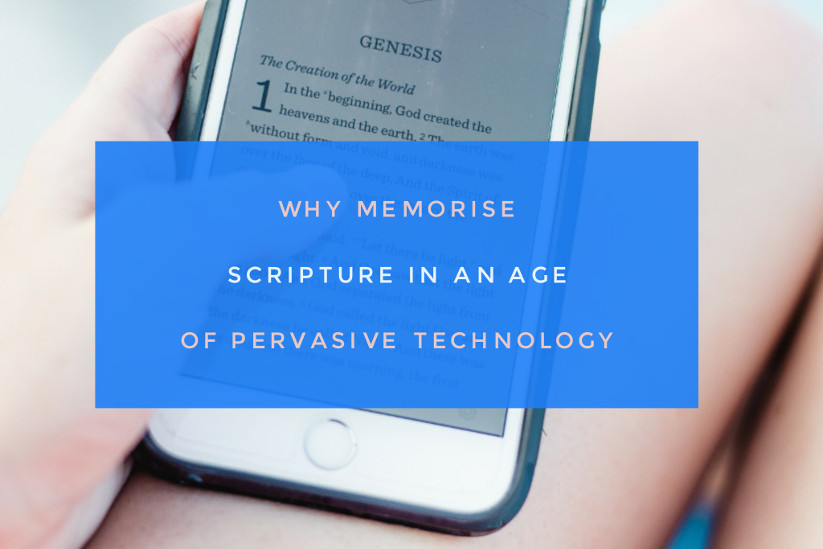The Divine Conspiracy by Dallas Willard - My Book Notes - Part 10 - The Restoration of all Things

Welcome to the final part of my blog series on Dallas Willard's book "The Divine Conspiracy". Please look at the chapter list to move between the other parts of this series. What I learnt From This Chapter The final chapter is an attempt to create a vision of what the divine conspiracy is working towards. It is an incredibly powerful vision and speaks of a life that begins now and carries on into eternity. For me personally the conversation around materialism and the kingdom of heaven were very helpful (I particularly enjoyed the "God doesn't have a brain, and he has never missed it" line). I love Dallas's description of ourself becoming more christlike towards death and the end quote from Augustine's City of God is truly wonderful. Chapter List Introduction Chapter 1 - Entering the Eternal Kind of Life Now Chapter 2 - Gospels of Sin Management Chapter 3 - What Jesus Knew: Our God-Bathed World Chapter 4 - Who is Really Well Off? - The Beatitudes Chap...




